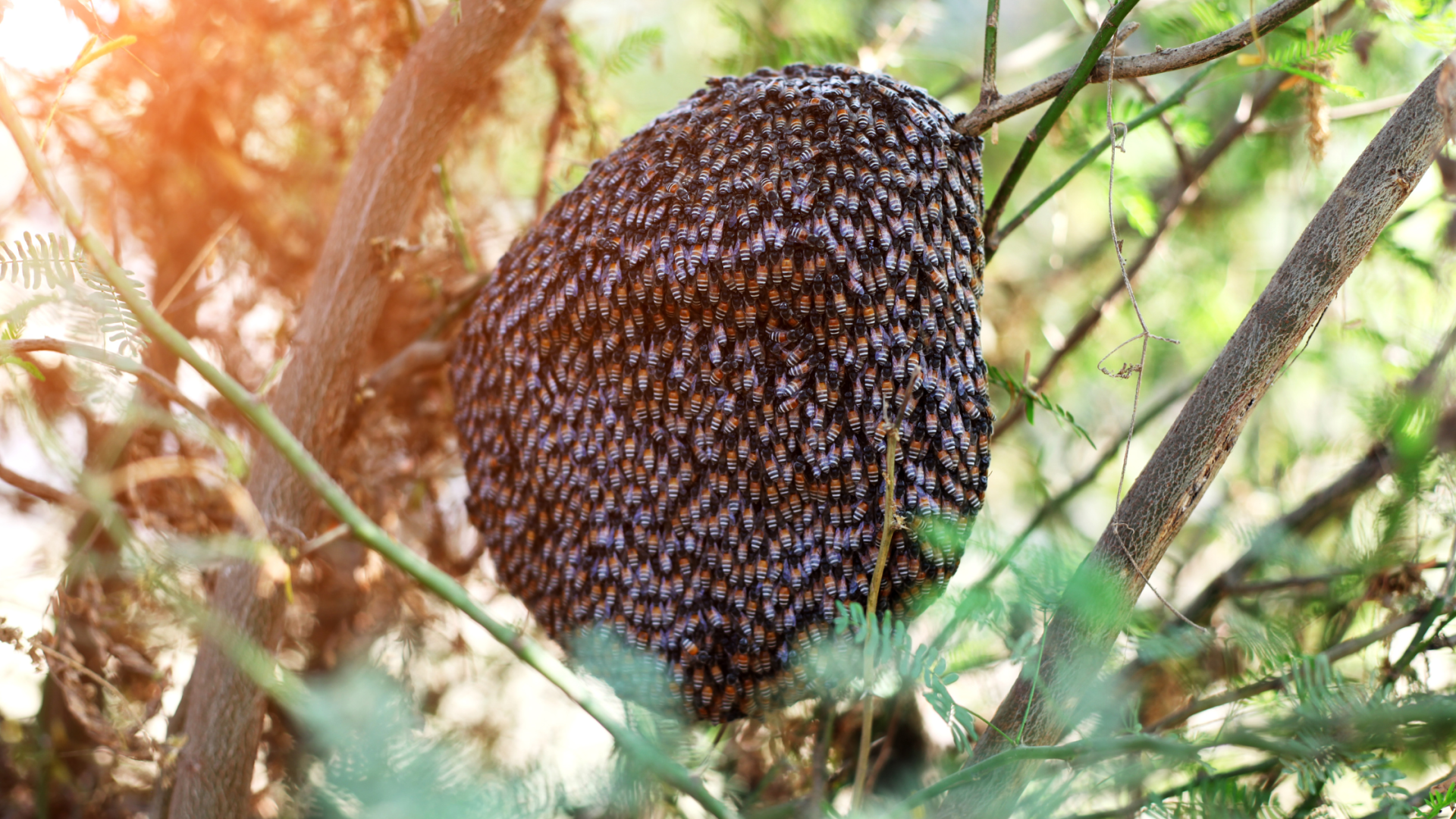Rats & Mice 101
Winter is coming soon, and that means that many pests are beginning to seek out shelter and food sources for the coming months of cold weather. Rodents such as rats and mice are among the most common unwelcome guests who will invade your Henrico VA home and invite their families to move in too, and their presence can present danger to you and your family.
What Kinds of Rodents are Common in Henrico?
You may not know this, but, in Henrico County, you are legally required to keep your property free of rats due to the dangers rat activity present. Both rats and mice are known to spread dangerous diseases and rats can attack and/or bite humans if they are afraid. So, what kinds of rodents are most common in Henrico County?
- Deer Mice – Deer Mice typically live outdoors and like to nest in areas such as log piles or tree hollows to take shelter from the elements. Adult deer mice tend to be a brownish color with a whitish underbelly and nimble feet that help them run fast. Although they usually live outdoors, they can end up in your home if they’re seeking shelter from the cold weather or if they are alerted to food sources within your home. Deer mice are a serious hazard to you and your family because they are the most common carrier of Hantavirus.
- House Mice – House Mice prefer to live indoors and search out secluded areas of your home in which to nest. They especially like to make themselves at home in cluttered areas or areas with a lot of cardboard boxes, such as your basement or attic. House mice tend to be grayish in color and their tails are typically longer than their bodies. They present multiple dangers to you, your family, and your home. They can contaminate stored food supplies and spread diseases such as Salmonella, tapeworms, and plague. In addition, they can cause serious damage to your home by gnawing through materials and can even cause an electrical fire if they chew through your home’s wiring.
- Roof Rats – Roof rats are agile climbers with thin nimble bodies, typically dark brown or black in color, and they live in colonies in the upper parts of structures or in tall trees. When they are seeking shelter from the elements, they can gain access to your home via the roof (hence their name). According to the University of Arizona, “Roof rats pose a significant health and safety hazard as they are implicated in the transmission of a number of diseases to humans and domesticated animals. These diseases include leptospirosis, salmonellosis (food contamination), rat-bite fever, murine typhus, plague, toxoplasmosis, and trichinosis.” Roof rats are sometimes also called Black Rats.
- Norway Rats – Norway rats have heavy, brown-colored bodies and lack the agility of roof rats. They typically invade basements and lower floors and seek shelter indoors when their outdoor food supplies begin to run low. According to the Virginia Department of Wildlife Resources, “They are the cause of great economic loss in agricultural areas and are also vectors for diseases such as bubonic plague, tularemia, murine typhus and many others. Because of their aggressive behavior, they have in many cases displaced the black rat.” Norway rats can jump about 2 feet in the air, and, with a running start, they can jump a distance of about 3 feet.
What Can I Do to Keep Rodents Out of My Home?
Now that you understand the dangers of rodent infestations in your home, you’re probably wondering how you can keep these dangerous critters outside so they can’t put your family in peril or cause costly damage to your home.
Find and seal up any gaps around the perimeter of your home and inside your home. Mice only need an opening the size of a dime to get in, while rats require an opening about the size of a quarter. On the exterior, check your foundation and walls for openings as well as around your windows, doors, and your roof. On the inside, check for gaps where plumbing enters the home, around floor drains and vents, and in your basement and/or attic. Seal up any holes or gaps that could be large enough to allow rodent entry.- Eliminate attractants in and around your home. Make sure all food, including pet food, is stored in tightly sealed containers and that no food debris is left on the floor. Use sturdy metal or thick plastic garbage cans with tight lids for your trash, both inside and outside, so rodents cannot go dumpster diving for their dinner. Finally, make sure your grass and shrubs immediately surrounding your home are trimmed and your wood pile is at least 20 feet from your home.
- Proactively inspect for evidence of rodent activity on a regular basis. If a rodent does make their way inside your home, you want to be aware as soon as possible before they’re joined by friends, or they procreate. Always be on the lookout for evidence of rodent activity, such as rat or mouse droppings, gnawing marks on food packaging, or evidence of chewing on wood, cardboard, plumbing components or wiring. By catching the intruder early, you can protect your family and home from the danger of a worsening infestation.
What if I Already Have A Rodent Infestation in My Home?
If you have noticed evidence of rodent activity in or around your home already, you need to take action to secure the premises from rodents and the dangers they present. For professional long-term rodent control solutions, call U.S. Pest Control, your trusted local and family-owned rat and mice exterminators. We’ll find and eliminate any existing infestations and implement preventative solutions to keep rodents out in the cold and away from your home and family. Request your free rodent control quote today!

Contact
Phone 804-788-0800
Fax 804-788-0847
Email contact@uspestcontrolinc.com
I understand that U.S. Pest Control may send occasional text messages or emails for appointment reminders and promotions.













